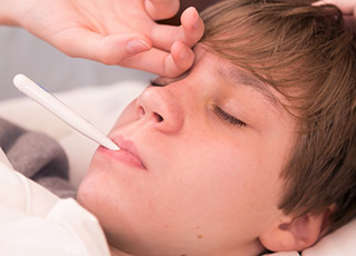
The immunosuppressants (anti-rejection medications) that you take to prevent rejection also make your immune system weaker. This makes it easier for you to get infections.
You can do a few things to help stay as healthy as possible and minimize your risk of infections.
- Wash your hands often – after using the wash room (of course), before preparing and eating food, before and after preparing your medications and after touching pets or surfaces in public places such as door handles. If you are in a place where you cannot wash your hands with soap and water, you may use a hand sanitizer.
- Do not share drinks or eating utensils.
- Follow basic food safety, for example by eating freshly-cooked food, where possible, reheating food thoroughly and storing food at the right temperature. Avoid buffet-type restaurants, where cooked food has been left under hot lamps, sometimes for hours.
- Stay away from anyone who is sick with the flu or an infection, even if it’s just a cold, especially in the first few months after your transplant. They may not cause much harm to most people, but they could make you very unwell.
- Stay away from certain pets for a few months.
- Make sure that you take all of your anti-infective medications regularly. You will likely need an antibiotic, an antifungal and perhaps antiviral medication too.
- Your transplant team will regularly check for certain viruses such as cytomegalovirus, Epstein-Barr virus and polyoma (BK) virus. If these viruses become active, you will need antiviral medicine. Sometimes the transplant team will also lower your dose of anti-rejection medicines to help you fight off the infection. Never reduce your medications without instructions from your transplant team.
- Get as many of the required vaccines or shots as possible before your transplant so you will be protected afterwards. Remember that you cannot have a live vaccine while you are taking immunosuppressants. You can have other (non-live) vaccines three to six months after transplant once your body is better able to respond to the vaccine and make antibodies.
Post-transplant lymphoproliferative disorder (PTLD)
Infection with Epstein-Barr Virus (EBV), also known as infectious mono or “kissing disease”, can cause a unique disease in transplant recipients called post-transplant lymphoproliferative disorder (PTLD). With this disease, certain cells, called lymphocytes, grow much more quickly than they should. Although it happens rarely, the cells can, over time, lead to a form of cancer called lymphoma. This happens to a very small number of patients.
Patients with EBV will have frequent monitoring to prevent PTLD and will have more frequent clinic visits. Treatment for PTLD includes reducing the doses of immunosuppressants and giving antiviral medicines. This treatment has been very successful. Occasionally, the transplant team may need to give anti-cancer medicines. Patients with PTLD will be monitored frequently to check if there is a risk of lymphoma.






